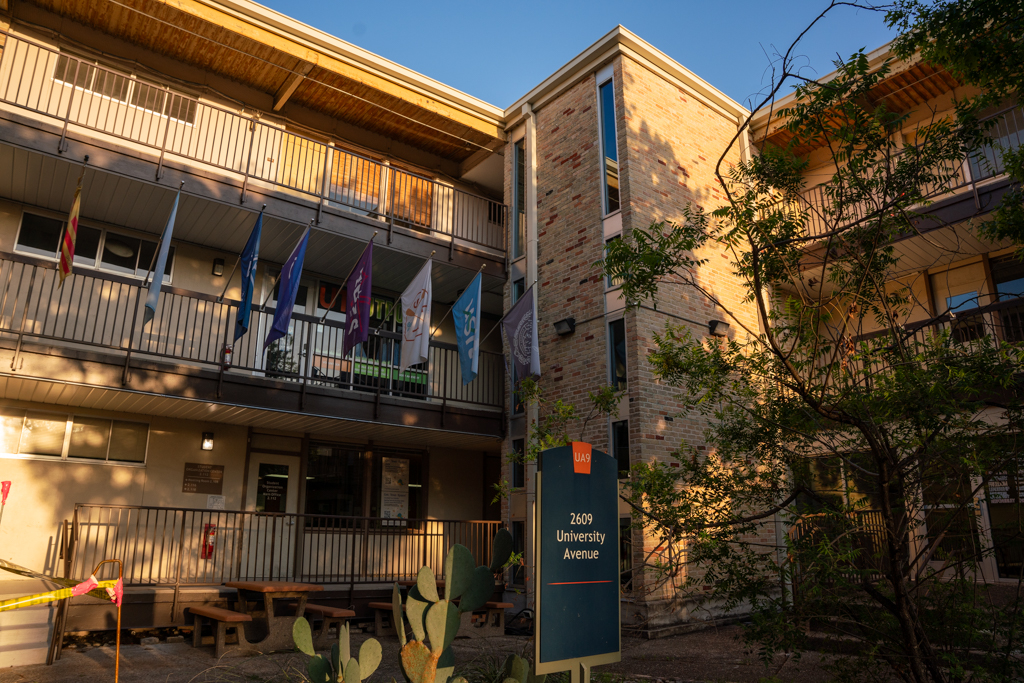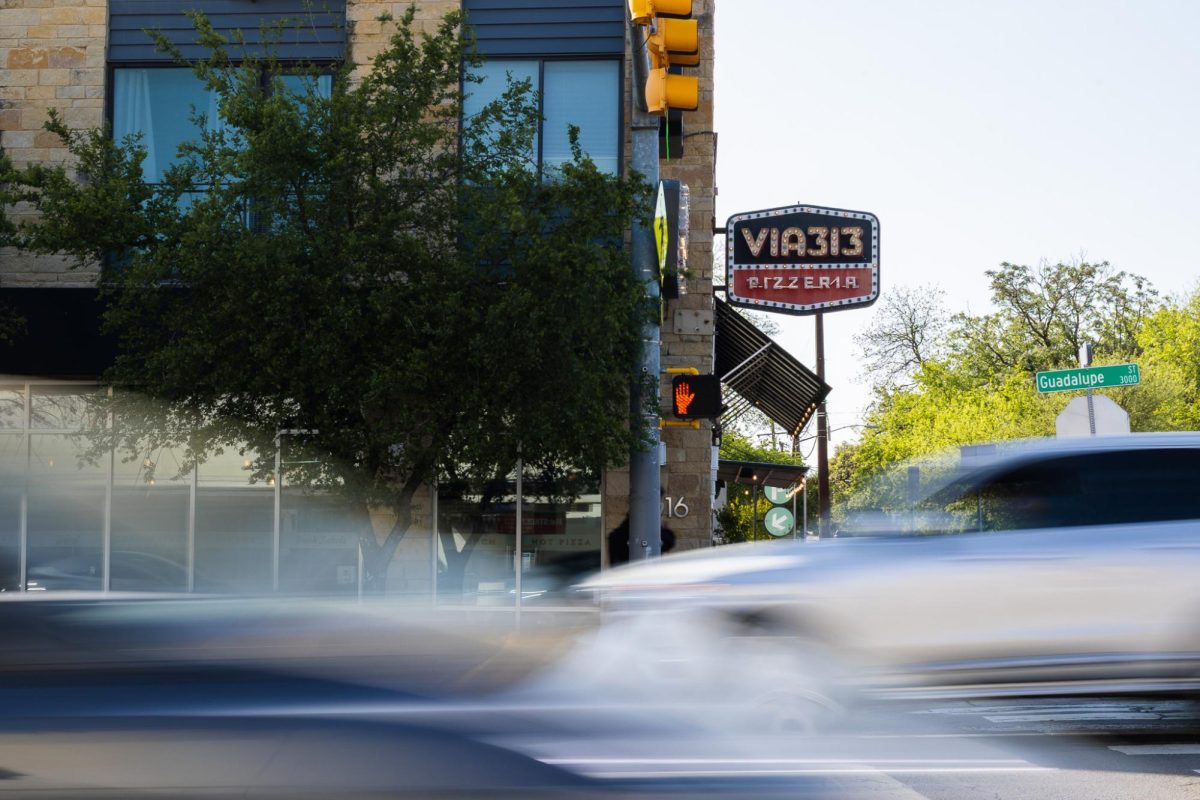The Travis County Juvenile Probation Department proposed a $250-300 million expansion of its juvenile detention complex in South Austin last month.
Department leaders proposed the expansion at the Travis County Commissioners Court meeting on June 27. According to the meeting presentation, the expansion is a two-phase plan. Phase one includes the construction of new buildings on the complex, adding 32 non-secure beds, 16 transitional-living beds and a multipurpose community center. The second phase will renovate the Gardner Betts Juvenile Justice Center and the W. Jeanne Meurer Intermediate Sanctions Center, adding space for staff and programming.
Alycia Castillo, an organizer with Finish the 5, a campaign working to shut down youth prisons in Texas, said the current complex is not close to reaching full capacity. Castillo added she thinks it is good that the youth prison wants to move toward non-secure housing, different from typical prison cells which remain locked.
“It’s still going to be a carceral system, the probation department that’s running the facility … it still comes with criminal consequences,” Castillo said. “These are things like treatment and housing for kids who have nowhere else to go. All of that can be done outside of the carceral system with no criminal implications.”
Currently, the W. Jeanne Meurer Intermediate Sanctions Center has 118 beds with an average daily population of 27 residents in the first quarter of 2024, according to a department spokesperson. The Gardner Betts center has a 120 bed capacity with 40 incarcerated youths in residence.
Arshia Papari, a government sophomore and member of Students Engaged in Advancing Texas, said he understands the good intent behind modernizing the juvenile prisons, but he disagrees with putting money toward a project that continues to punish youth.
“Spending $250 or $300 million to help lock up kids more comfortably or in a prettier center with maybe a few more services added is not a good use of our taxpayer dollars,” Papari said. “I believe that we should be aiming to shut down juvenile justice prisons … rather than help revitalize them and (we should) help (kids) become better citizens in the future.”
Bill Wallace, director of Tomorrow’s Promise Foundation, a non-profit organization offering peer mentor services for youth, said a lot of young people end up in contact with the justice system due to familial issues. Wallace said the county should invest in mental health resources, family support resources and drug and alcohol resources.
“Talking about spending $250-300 million on often punitive facilities is tone deaf,” Wallace said. “It’s not really answering or addressing any of the root causes (of) why young people may have contact with the criminal justice system in the first place.”
The County Juvenile Department is awaiting approval of the expansion plan by the Commissioners Court and County Budget & Funding processes, with a work session scheduled for Thursday. Castillo said county proposals, especially when they involve a lot of taxpayer money, need a lot of community input.
“Members that sit on a commissioner’s court and those that run the juvenile probation department, they are not the ones who are most impacted by juvenile incarceration in Travis County,” Castillo said. “ … It’s just ridiculous to assume that our taxpayer dollars can just be thrown at something that we are vehemently opposed to.”














